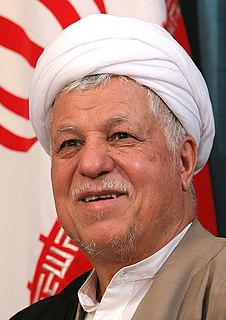A Quote by Alain Dehaze
The 'black rule' is that youth unemployment is, on average, double a country's unemployment rate.
Quote Topics
Related Quotes
The black unemployment rate has to be twice that of the white rate in the US. If the national unemployment rate were 6.8 percent, everyone would be freaking out. We ought to not take too much solace in the 6.8 percent, but ask ourselves what can we do to bring that down to white rates, which are below 4 percent now. Some of that has to do with education, but that's just part of the story. You find that those unemployment differentials persist across every education level. I think it means pushing back on discrimination and helping people who can't find work get into the job market.
I think people have to remember where we were in 2009. We were losing 800,000 jobs a month. We had an unemployment rate in double digits. We had poverty rates soaring. We had kids who were food insecure. Today in 2016, we have a lot less unemployment, a lot less poverty, and a lot fewer kids who are food insecure.



































